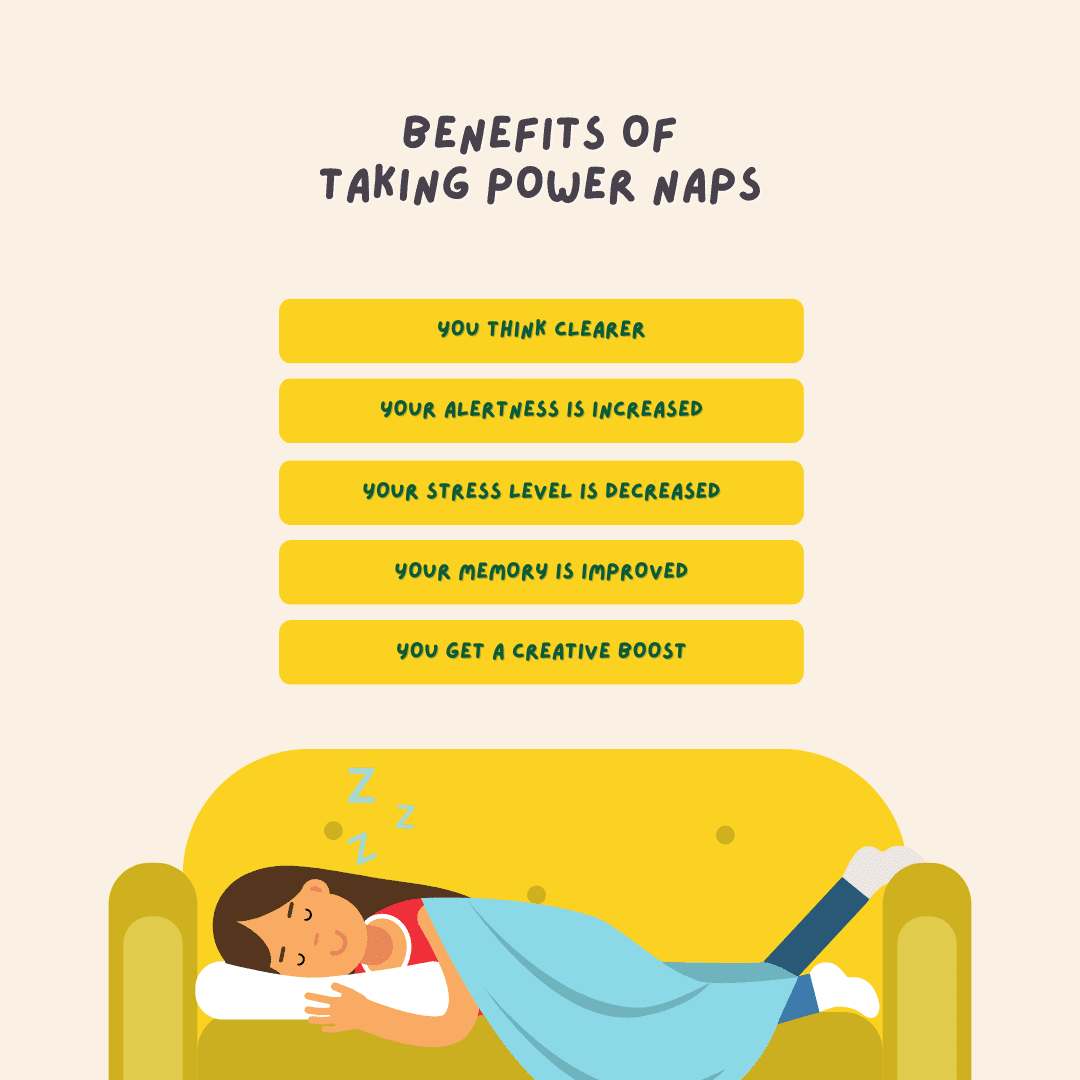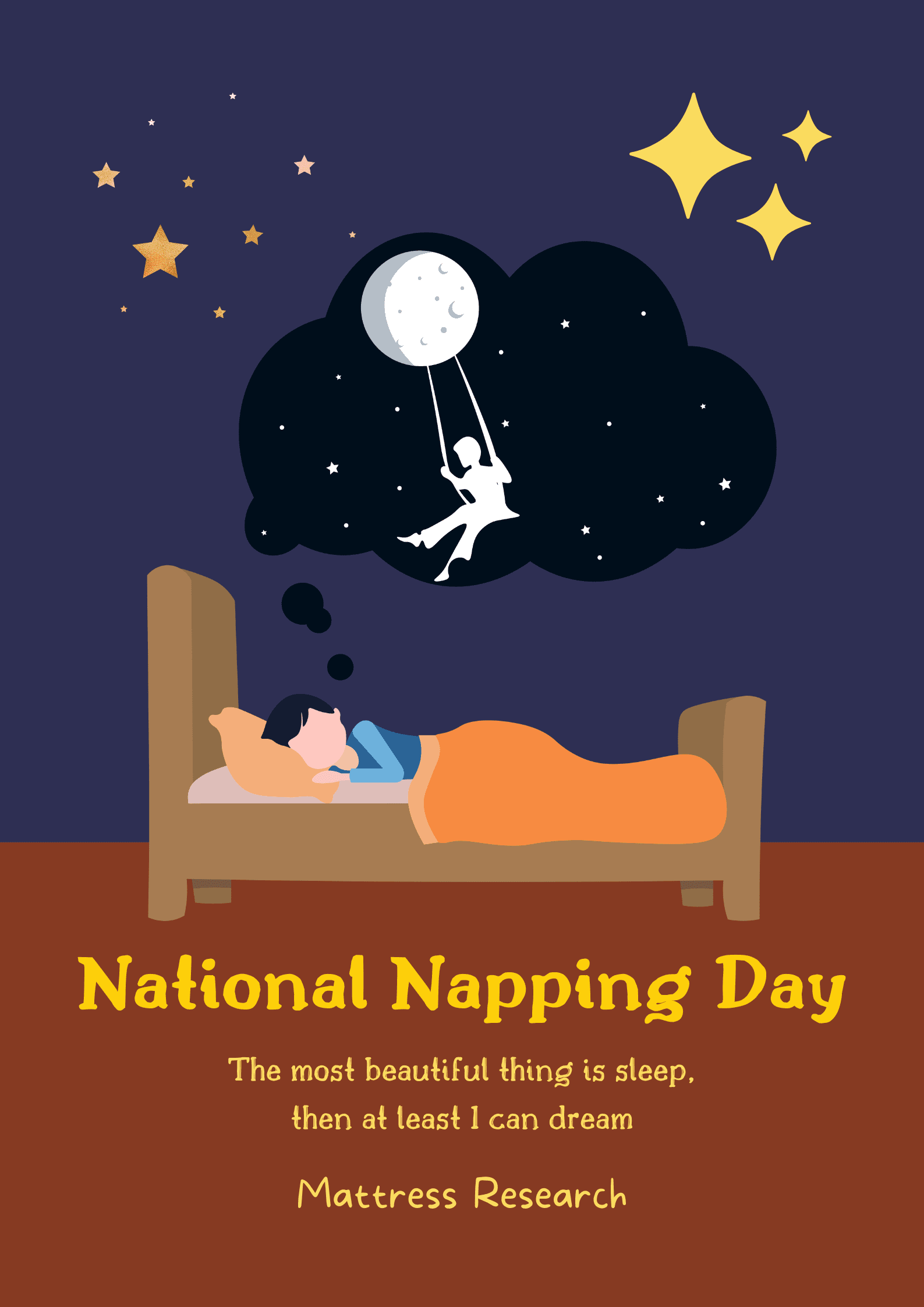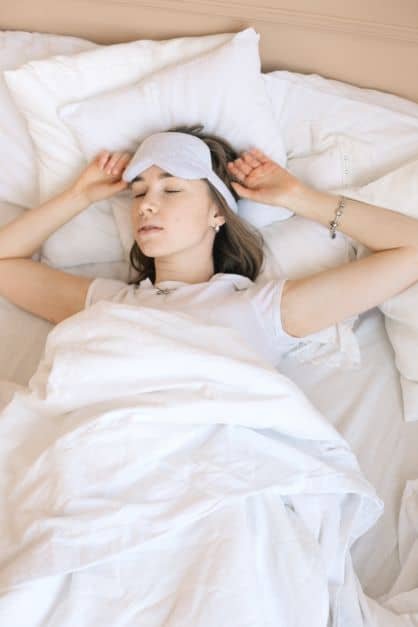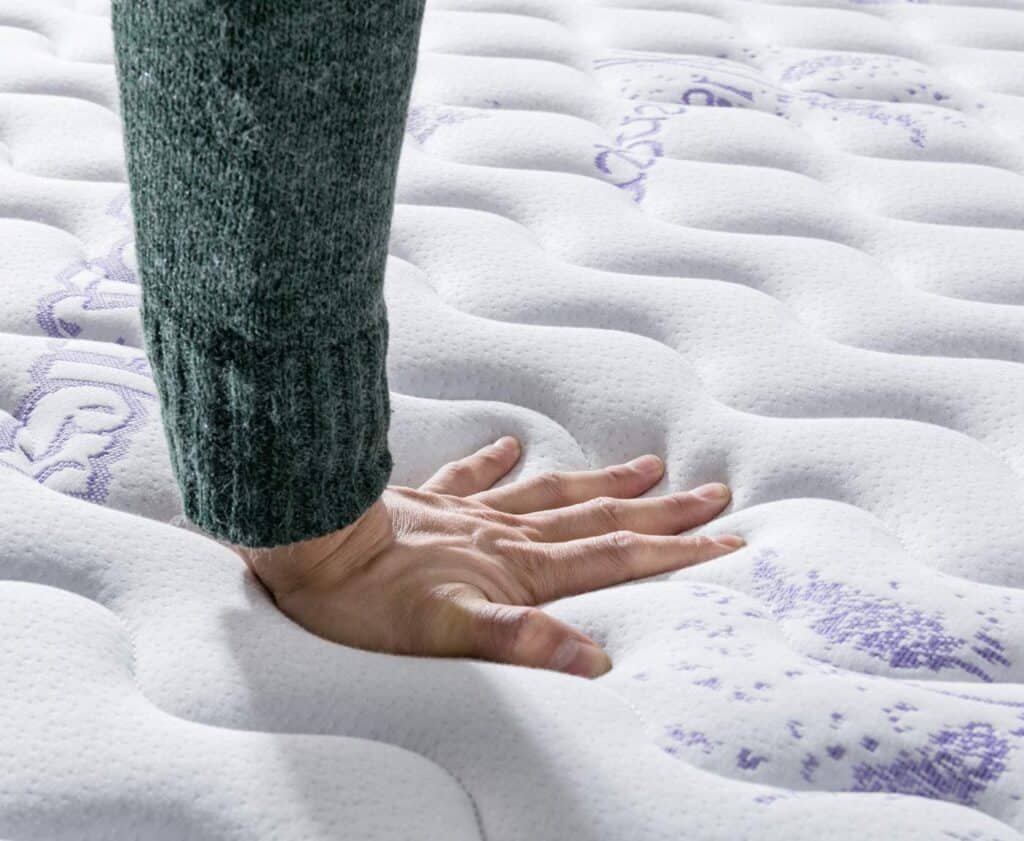Is napping good for you?
Are you someone that takes naps?
Maybe you are, but you feel a little bit guilty about it. Or perhaps you’re not a napper, but you’ve always wondered if napping is all that great. Naps are one of those things that people either love or hate. There doesn’t seem to be much of an in-between.
But what does the science say? Is napping good for you?
The short answer is: yes, napping is generally good for you. Of course, there are exceptions to this rule (more on that later), but for the most part, naps can help improve your mood, increase your alertness, and even boost your memory.
What are the benefits of naps
- Naps can improve your mood – A nap can help you turn that frown upside down if you feel grouchy. Napping has been shown to improve mood, increase alertness, and reduce stress. You’ve probably noticed someone in a bad mood who takes a nap and wakes up looking and feeling much better. That’s because napping can help boost your mood by increasing serotonin levels, a neurotransmitter that regulates mood.
- Naps can increase your alertness – Napping can significantly increase your attention and energy levels, especially if you’re tired. A nap can help to improve your cognitive performance and reaction time.
- Napping can improve cognitive function – Besides increasing alertness, napping can help improve your cognitive function. Naps have been shown to boost memory and learning. One study found that napping improved memory recall in young adults.
- Naps can reduce stress – If you’re feeling stressed out, a nap can help to reduce your stress levels. Napping has been shown to lower cortisol, a stress hormone.
- Naps can boost your immune system – If you’re feeling under the weather, a nap can help to boost your immune system. Napping is known to increase levels of infection-fighting antibodies and white blood cells.
- Naps can improve your cardiovascular health – Napping can also help to improve your cardiovascular health. That’s right; napping can help to lower your blood pressure and reduce your risk of heart disease.

Not all naps are created equal
Did you know that there are different types of naps? – Not all naps are created equal, and your type of nap can affect your body differently.
What’s the best type of nap? – The answer to this question depends on your individual needs. If you’re looking for a quick energy boost, a power nap might be your best option Power naps are short, typically lasting 20 minutes or less.
The different types of naps
- Power naps – A power nap is a short 20-minute nap that can help to improve your alertness and energy levels. Almost everyone who naps will have taken a power nap at some point. Here are a few examples of when a power nap is right for you:
- When you’re feeling tired and need a quick energy boost
- When you need to be alert for an upcoming event
- When you need to be productive but are feeling sleepy
- Recovery naps – A recovery nap is a long nap that can help restore your energy levels after sleep deprivation. Recovery naps can last anywhere from 30 minutes to an hour. Here are a few examples of when a recovery nap might be right for you:
- When you’re feeling exhausted after a long night of studying
- When you’ve been working the night shift and need to catch up on sleep
- When you’re jet-lagged and need to adjust to a new time zone
- Napping for infants and young children – Infants and young children need more sleep than adults, and napping can help them get the sleep they need. Napping can also help to improve their mood, increase their alertness, and boost their cognitive function.
- Relaxation Naps – Relaxation naps are taken for relaxation and are not intended to improve sleep or energy levels. Relaxation naps can last anywhere from 30 minutes to an hour. Here are a few examples of when a relaxation nap might be right for you:
- When you’re feeling stressed and need to relax
- When you need to take a break from work
- When you’re feeling overwhelmed
It’s hard to believe there are so many different types of naps. Yes, it’s hard to think there are so many different types of naps. But with so many kinds of naps, one is bound to be right for you. Now that you know all about the different types of naps, it’s time to learn how to take a nap. Keep reading to find out more.
4 Napping tips
- Choose the right time for your nap – The best time to take a nap depends on your needs. If you’re looking for a quick energy boost, the best time to nap is early afternoon. If you’re looking for a longer, more refreshing nap, the best time to nap is mid-afternoon.
- Find a comfortable place to nap – Comfort is critical when napping. You should find a place to nap that is comfortable and quiet. A dark room can also help you to sleep better.
- Setting the alarm is essential when you’re taking a nap. This will help ensure you don’t sleep too long and wake up refreshed.
- Wake up gradually – Don’t immediately jump out of bed when your alarm goes off. Instead, take a few minutes to wake up gradually. This will help you to avoid feeling groggy when you wake up.
How to tell if you need a nap
There are a few signs that can help you to tell if you need a nap. If you’re tired or irritable, or your performance is suffering, these are all signs that you might need a nap. If you’re unsure if you need a nap, try taking one and see how you feel afterwards.
Here are some things you should avoid while taking a nap
- Caffeine – While caffeine can help you feel more alert, it can also make it harder to fall asleep. So if you’re trying to take a nap, it’s best to avoid caffeine.
- Alcohol – Like caffeine, alcohol can also make it harder to fall asleep. So if you’re trying to take a nap, it’s best to avoid alcohol.
- Eating a big meal – Eating a big meal can make you feel sluggish and make it harder to fall asleep. So, avoiding eating a big meal is best if you’re trying to nap.
- Working out – Working out can make you feel more awake and make it harder to fall asleep. If you’re trying to take a nap, it’s best to avoid working out before your nap.
When is the best time to take a nap
The best time to take a nap depends on your individual needs. If you’re looking for a quick energy boost, the best time to nap is early afternoon. If you’re looking for a longer, more refreshing nap, the best time is mid-afternoon.
It also depends on what time you wake up. If you work the night shift and sleep during the day, you would want to nap before or after. Taking a nap between classes might benefit you more if you are a student.

When is the desire to take a nap a bad thing
Sometimes, the desire to take a nap is a bad thing. If you want to nap every day or fall asleep at work or during class, this could be a sign of a sleep disorder. You must talk to your doctor if you have a sleep disorder.
Here are 7 signs that your desire to nap might be a bad thing
- You take medication that makes you sleepy – If your doctor recently gave you a new medication and you want to take a nap all the time, this could be a side effect of the medication. If this is the case, you should talk to your doctor about it.
- You have a sleep disorder – If you want to nap every day or fall asleep at work or during class, this could be a sign of a sleep disorder. You must talk to your doctor if you have a sleep disorder.
- You’re not getting enough sleep at night – You should be getting around eight hours of sleep every night. If you’re not getting enough sleep at night, this could be why you want to sleep during the day. You need to determine why you’re not getting enough sleep at night and make some changes. This could include going to bed earlier, turning off electronics before bed, or ensuring your bedroom is dark and quiet.
- You’re stressed – Stress is one of those things that can make you feel tired even if you’re getting enough sleep. Those who are stressed often find themselves wanting to take a nap during the day. If you’re stressed, you can do a few things to try and reduce your stress. This could include exercise, meditation, or talking to a therapist.
- You’re not eating healthy – Eating a healthy diet is vital for many reasons. One of those reasons is that it can help you feel more energetic. You are what you eat, so you’re likely to feel sluggish if you’re not eating healthily.
- You have a medical condition – Several medical conditions can cause fatigue. Some of those conditions include anaemia, thyroid problems, and diabetes. Talk to your doctor if your fatigue is severe or you can’t seem to get rid of it.
- Some people nap due to depression – It’s not uncommon for depressed people to want to tune out the world and sleep all day. It’s a sad reality, but seeking help is essential if you’re depressed. Talk to someone about it, whether that’s your doctor, a therapist, or a friend. You know, if you’re depressed and napping as a means of coping.
Naps are healthy, and the average person shouldn’t avoid them
Some people have this notion that napping makes you lazy. This isn’t the case. Naps are healthy and can help improve your mood, memory, and overall alertness. The average person should aim to get around seven to eight hours of sleep every night. If you’re not getting enough sleep, napping can help compensate for that. Just ensure you’re not napping too late in the day, or you might have trouble sleeping at night.
Napping is an excellent way to relax and rejuvenate yourself. It’s also a good way to make up for lost sleep. So enjoy your naps, and don’t feel guilty about them! Napping is a great way to recharge your body and mind.



